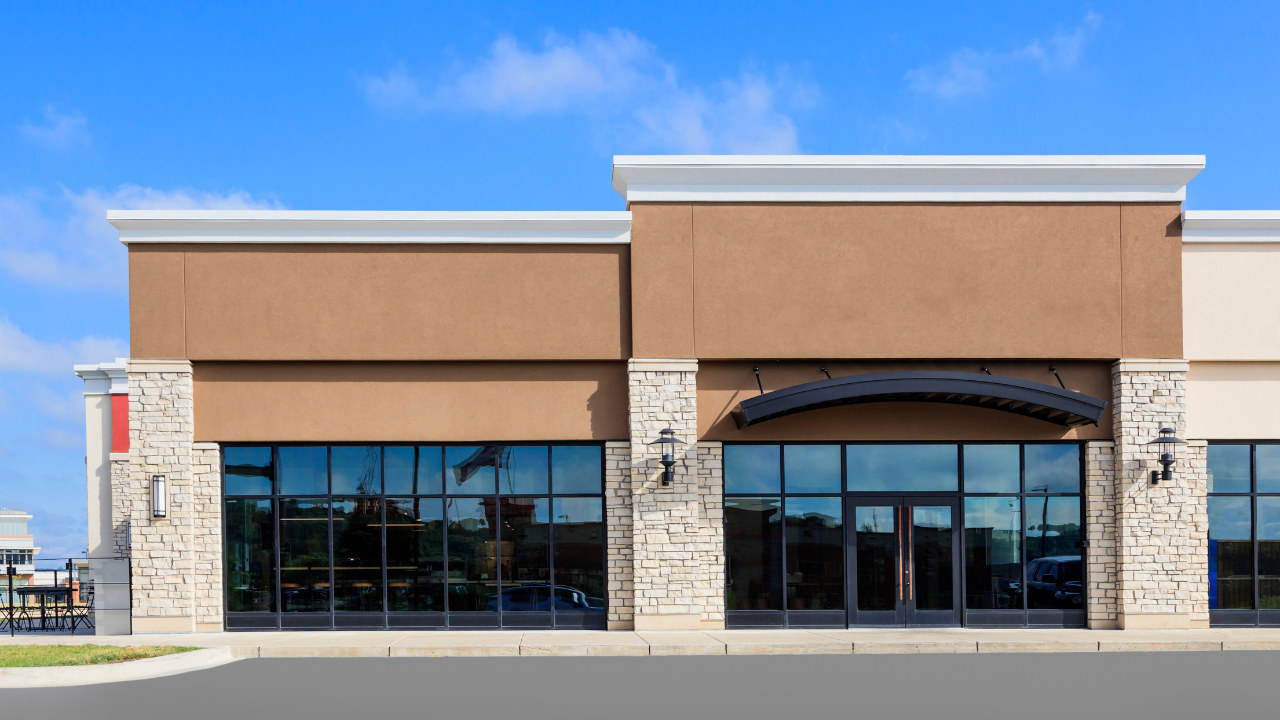HVAC Systems for Hybrid Commercial Spaces

In the evolving landscape of work, where hybrid models have become the norm, commercial spaces are facing new challenges in managing heating, ventilation, and air conditioning (HVAC) systems. The traditional one-size-fits-all approach no longer suffices. Instead, businesses must adapt their HVAC systems for hybrid commercial spaces to accommodate fluctuating occupancy levels, ensure optimal air quality, and improve energy efficiency. Here’s how property managers can navigate these changes:
1. Understanding Hybrid Work Environments
Hybrid work models combine remote and in-office work, leading to variable occupancy levels. Unlike traditional office settings with a consistent number of occupants, hybrid spaces may experience significant fluctuations in the number of people present on any given day. This variability can strain traditional HVAC systems designed for steady occupancy, leading to inefficiencies and potential discomfort.
2. Smart HVAC Systems: The Future of Efficiency
To address these challenges, integrating smart HVAC technology is crucial. Smart systems use sensors and real-time data to adjust heating, cooling, and ventilation based on current occupancy and usage patterns. Key features to consider include:
- Occupancy Sensors: These sensors detect the number of people in a space and adjust HVAC settings accordingly. For example, in a conference room with a low number of attendees, the system can reduce heating or cooling to save energy.
- Zoning Systems: HVAC zoning allows different areas of a building to be controlled independently. This is particularly useful in hybrid environments where some areas may be heavily used while others remain empty. Zoning ensures that energy is only used where it’s needed.
- Automated Scheduling: Advanced HVAC systems can be programmed to adjust settings based on a schedule, which can be customized for different days or times of the week. This is beneficial for hybrid models where occupancy may vary between weekdays and weekends.
3. Enhancing Air Quality
Air quality is paramount in any workspace, but it’s even more critical in hybrid environments where occupancy can be unpredictable. To maintain high air quality:
- High-Efficiency Filters: Upgrade to HEPA or MERV 13 filters that capture smaller particles, including viruses and bacteria. This helps ensure that air remains clean regardless of the number of people in the space.
- Ventilation Controls: Improve ventilation with systems that can increase air exchange rates as needed. This helps dilute indoor pollutants and maintain a healthy environment.
- Regular Maintenance: Implement a routine maintenance schedule to ensure that HVAC components are functioning optimally. Regular checks on filters, ducts, and other components help prevent issues that could impact air quality.
4. Energy Efficiency and Sustainability
Hybrid work environments offer a unique opportunity to enhance energy efficiency and sustainability:
- Energy Management Systems (EMS): EMS can monitor and control energy usage across the building. These systems provide insights into how energy is being used and identify areas where savings can be made.
- Demand-Controlled Ventilation (DCV): DCV systems adjust ventilation rates based on occupancy, which can significantly reduce energy consumption during low-occupancy periods.
- Green Certifications: Consider pursuing green building certifications like LEED or BREEAM, which emphasize energy efficiency and sustainability. These certifications can provide guidelines and benchmarks for improving your HVAC system.
5. Employee Comfort and Well-being
In a hybrid work environment, ensuring comfort is essential for productivity and well-being:
- Personalized Comfort Controls: Allow employees to adjust heating and cooling in their immediate area. This can be achieved with localized controls or individual HVAC units.
- Feedback Mechanisms: Implement systems for employees to provide feedback on comfort and air quality. This information can help in making necessary adjustments to the HVAC system.
Adapting HVAC systems for hybrid work environments requires a blend of smart technology, enhanced air quality measures, and a focus on energy efficiency. By embracing these changes, commercial spaces can create comfortable, healthy, and sustainable environments that meet the needs of modern work styles. The investment in advanced HVAC solutions not only improves operational efficiency but also contributes to a more flexible and responsive workspace, ultimately supporting a more productive and satisfied workforce.
Level One HVAC is a commercial/ industrial mechanical contractor, specializing in the installation, maintenance and repair of all types of HVAC/R equipment. Our company is fully licensed, insured and certified in all phases of mechanical installation, design and service.
New Hudson #248-486-6500
West Branch #989-999-4822
- 100% Satisfaction Guarantee
- High Performance Service Agreements
- 25+ Years in Business
- 24/7, 365 Service
